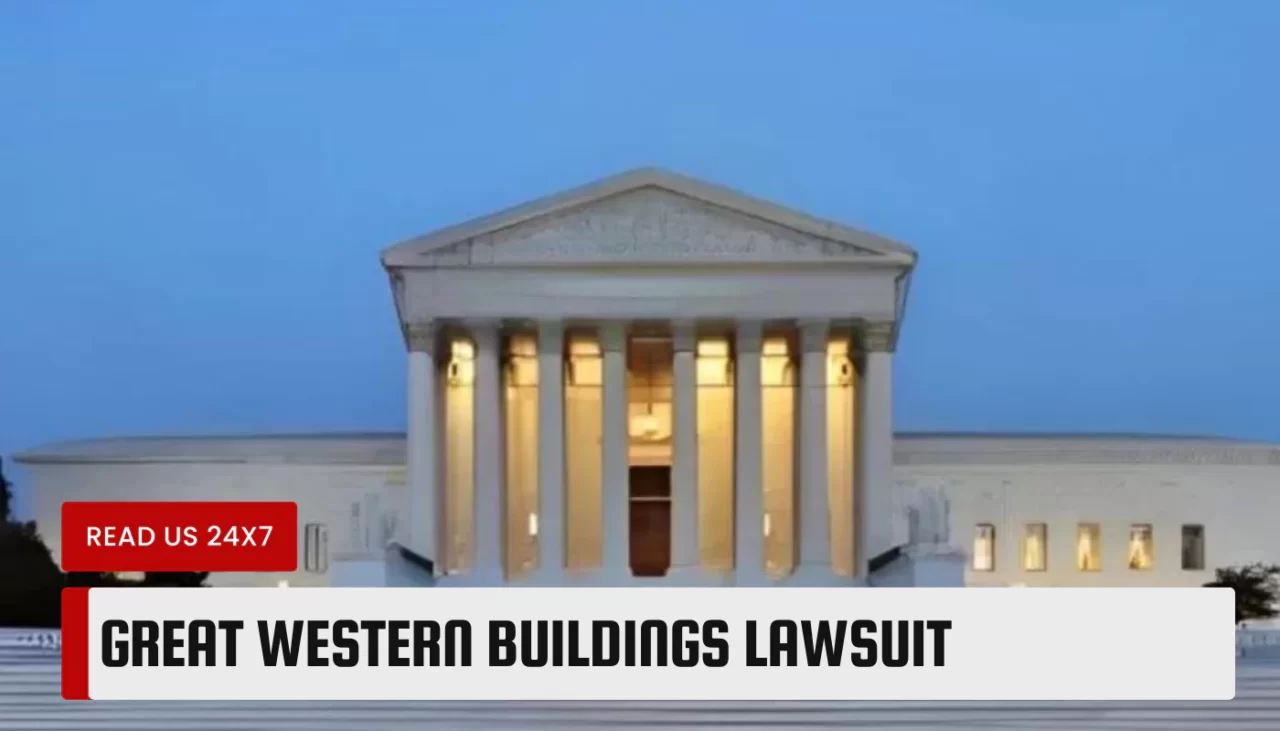The Great Western Buildings lawsuit is a legal dispute between a steel building manufacturer and its customers, who claim to have received defective products that caused them financial losses and safety risks. The lawsuit, which has been granted class-action status, could have a significant impact on the construction industry, as it raises questions about the quality, durability, and regulation of steel buildings.
Background of the Case
Great Western Buildings is a company based in Aurora, Colorado, that specializes in designing and constructing pre-engineered steel buildings and metal building components. The company, which was established in 1984, has a reputation for providing reliable and durable steel structures for various purposes, such as commercial, industrial, agricultural, and residential.
However, in 2022, a group of customers filed a lawsuit against Great Western Buildings and its parent company, Great Western Building Systems, LLC, alleging that the steel buildings they purchased from the company were defective and not as advertised. The plaintiffs claimed that the company made false assurances about the quality and longevity of its steel buildings, such as being “made to last” and “virtually maintenance-free”. They also alleged that the company failed to deliver the agreed-upon buildings, obtain the required permits, and communicate properly with the customers.
The plaintiffs reported that the steel buildings deteriorated rapidly, resulting in structural damage, water damage, mold growth, rusting, corrosion, and leaks. They also claimed that the buildings posed safety hazards, such as fire risks, electrical malfunctions, and collapse risks. The plaintiffs sought compensation for the damages they incurred, as well as injunctive relief to prevent the company from continuing its alleged fraudulent practices.
In 2022, a federal judge granted class-action status to the lawsuit, allowing the plaintiffs to represent all other customers who bought steel buildings from Great Western Buildings. The lawsuit is currently in the discovery phase, with both parties gathering evidence and preparing for trial, which is scheduled to begin in 2023.
Legal Issues Raised
The Great Western Buildings lawsuit involves several legal issues, such as negligence, breach of contract, breach of warranty, fraud, misrepresentation, and consumer protection. The plaintiffs argue that the company failed to exercise reasonable care and skill in designing, constructing, and delivering the steel buildings, and that it violated the terms and conditions of the contracts and warranties it entered into with the customers. The plaintiffs also accuse the company of deceiving and misleading the customers about the features and benefits of its steel buildings, and of violating state and federal laws that protect consumers from unfair and deceptive trade practices.
The company, on the other hand, denies all the allegations and asserts several defenses, such as force majeure, contributory negligence, assumption of risk, and statute of limitations. The company argues that the structural issues were caused by factors beyond its control, such as natural disasters, weather conditions, vandalism, and improper maintenance. The company also contends that the customers were partly or wholly responsible for the damages, as they failed to follow the instructions, specifications, and recommendations provided by the company. The company further claims that some of the plaintiffs’ claims are barred by the applicable time limits for filing legal actions.
The lawsuit has also resulted in some significant rulings and outcomes, such as the granting of class-action status, the denial of the company’s motion to dismiss, and the approval of a preliminary injunction that prohibits the company from selling or installing any steel buildings until the case is resolved. The lawsuit has also triggered related lawsuits and disputes, such as a lawsuit filed by the company against its subcontractors, who allegedly failed to perform their duties and obligations, and a lawsuit filed by a former employee, who claimed to have been wrongfully terminated for whistleblowing.
Implications for the Construction Industry
The Great Western Buildings lawsuit could have a profound impact on the construction industry, especially the steel building sector, as it exposes the potential risks and challenges associated with steel buildings. The lawsuit could affect the economic and reputational aspects of the industry, as it could result in substantial financial losses, penalties, and damages for the company and its affiliates, as well as a loss of trust and confidence from the customers and the public. The lawsuit could also influence the regulatory and legal aspects of the industry, as it could prompt stricter oversight, enforcement, and compliance of the standards, codes, and regulations that govern the design, construction, and installation of steel buildings. The lawsuit could also have broader societal implications, as it could raise awareness and concern about the environmental, health, and safety impacts of steel buildings, and the need for more sustainable and resilient alternatives.
The lawsuit also highlights the importance of public trust and safety in the construction industry, as it demonstrates the potential consequences of failing to meet the expectations and needs of the customers and the society. The lawsuit serves as a reminder for the industry to prioritize quality, durability, and reliability in its products and services, and to adhere to the ethical and professional principles and practices that guide its operations.
Conclusion
The Great Western Buildings lawsuit is a complex and contentious legal dispute that involves a steel building manufacturer and its customers, who allege that they received defective products that caused them financial and safety problems. The lawsuit, which has been granted class-action status, could have a significant impact on the construction industry, as it raises questions about the quality, durability, and regulation of steel buildings. The lawsuit also underscores the importance of public trust and safety in the construction industry, and the need for the industry to uphold the highest standards of quality and integrity in its products and services.


